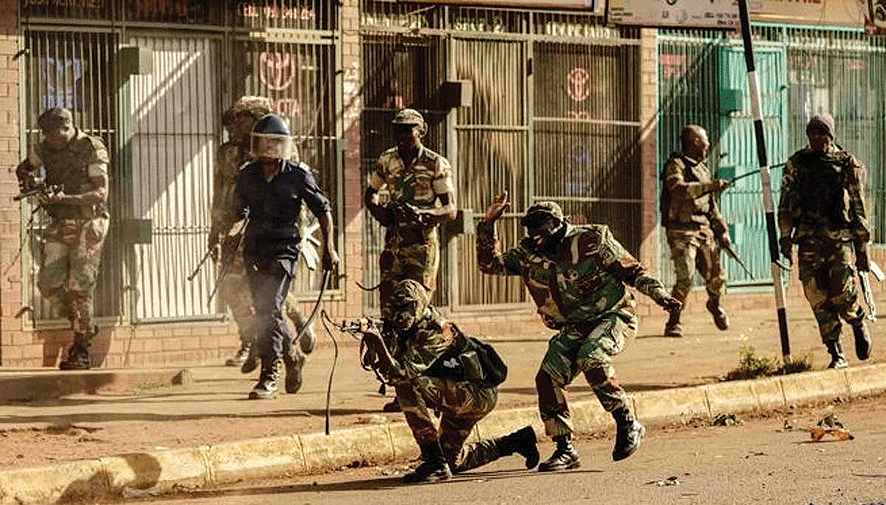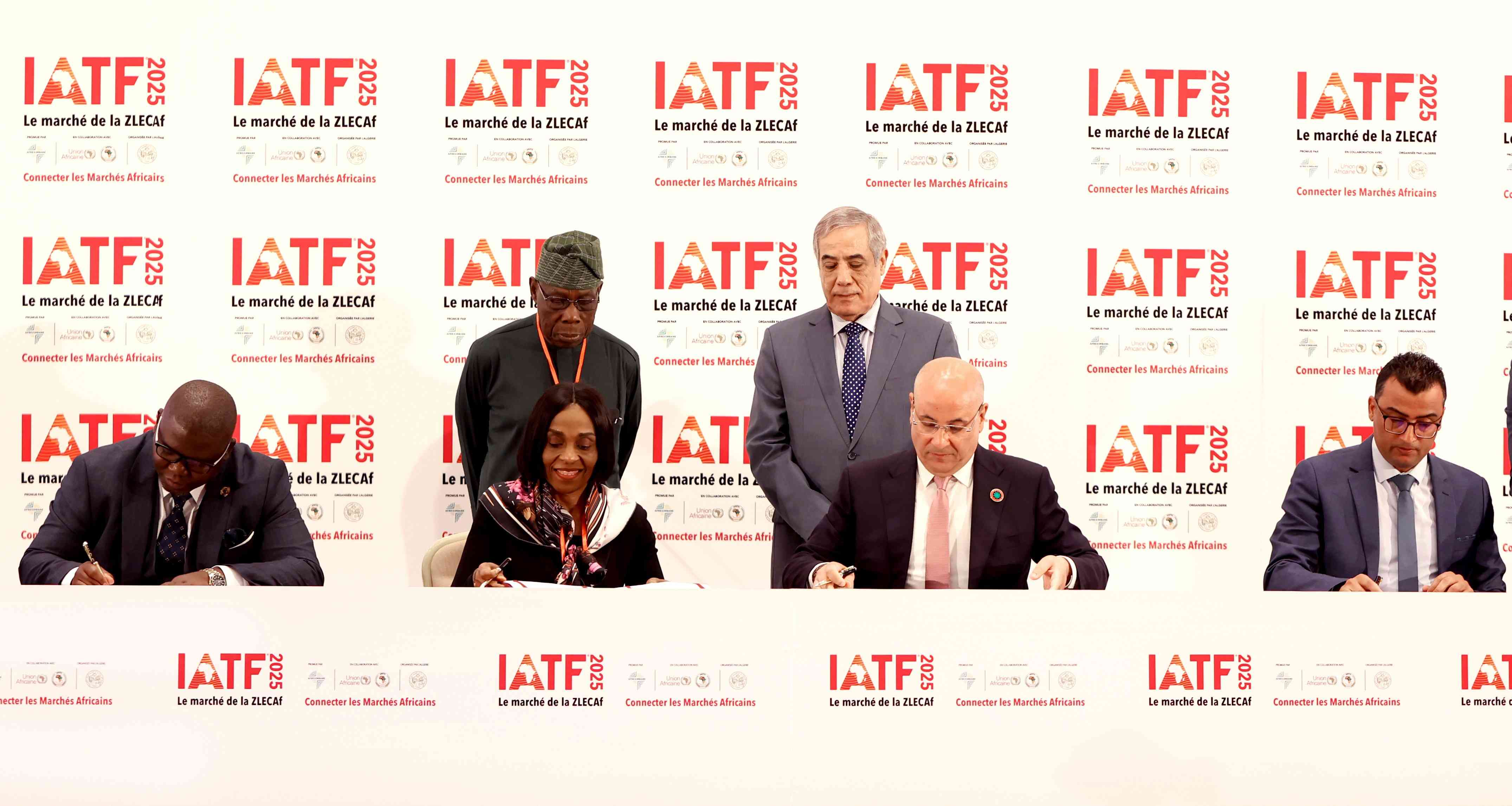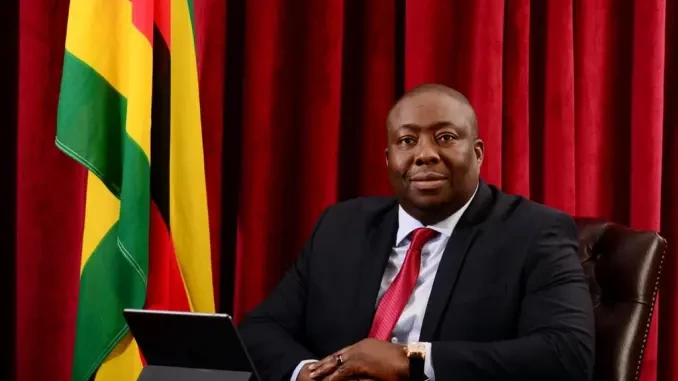
DURING the European colonial era in southern Africa, liberation movements played a critical role in bringing about freedom to their respective nations. While some gained independence through the ballot box or negotiations, others did so through the military wings of these liberation movements. Today, many countries in the Sadc region still maintain that strong connection to the military, while others have done away with it all together.
Angola, Malawi, South Africa, Zambia and Zimbabwe are examples of countries in the Sadc where the military either remains closely tied to the ruling party or has been restructured into a professional and separate entity.
Other examples include Mozambique’s Frente de Libertação de Moçambique (Frelmino); Namibia’s South West Africa People’s Organisation and Tanzania’s Chama Cha Mapinduzi.
In some cases, the continued support the government receives from the military remains a blockage for the opposition to access power.
Angola
The Movimento Popular de Libertação de Angola (MPLA) has been ruling the country since independence in 1975, after the military wing participated in the armed struggle against the Portuguese army in the Angolan War of Independence from 1961 to 1974.
The ruling party went on to defeat other liberation movements, namely, the Union for the Total Independence of Angola and the National Liberation Front of Angola, in a brutal 17-year civil war.
Since then, the military has been a key factor in the MPLA’s lasting power.
- Chamisa under fire over US$120K donation
- Mavhunga puts DeMbare into Chibuku quarterfinals
- Pension funds bet on Cabora Bassa oilfields
- Councils defy govt fire tender directive
Keep Reading
Angola’s third president since independence, José Eduardo dos Santos, ruled for nearly 40 years before he stepped down in 2017.
His successor, João Manuel Gonçalves Lourenço, who served as Defence minister under dos Santos, is also a veteran of Angola’s independence struggle.
Having served as Defence minister, Lourenço was already familiar with both the military and intelligence apparatus. After coming to power, he entrusted this key sector to the old guard by appointing known members of the military, such as General Salviano de Jesus Sequeira and Admiral Gaspar Santos Rufino.
However, Lourenço did not fill other key positions with members from the military, perhaps evidence that he is trying to slowly distance the government from the army.
Angola is set to hold its general elections next year.
Malawi
Malawi gained its independence from British colonial rule in 1964 after the federation was dissolved.
Its army is not closely tied to the ruling party, as it did not have a military wing that fought against the colonial power.
The military has remained professional by facilitating a peaceful transition during elections as well as protecting the people’s votes and the constitution.
The main opposition party, Malawi Congress Party, won the rerun election in 2020 through its leader, Lazarus Chakwera, defeating incumbent Peter Mutharika of the Democratic Progressive Party, after the 2019 election results were nullified by the court.
Leading up to the court judgement that nullified the 2019 election results and the rerun, the military in Malawi protected opposition supporters who were demonstrating in the streets of Lilongwe to demand electoral reforms, the release of arrested human rights activists, among other requirements.
The military was seen ferrying judges to courts, a duty normally designated to the police.
South Africa
South Africa is one example where a former liberation movement has done away with its military wing.
The ruling party and former liberation movement, the African National Congress (ANC), has managed to do away with its strong ties to the paramilitary wing, uMkhonto we Sizwe.
The first South African President (Nelson Mandela) was a case of ‘from prison to State House’ and not ‘from the bush to State House’.”
However, Eldred Masunungure, a Zimbabwe-based political professor, believes this is because ANC’s military wings were not attached to the liberation movements as in other Sadc nations like Zimbabwe.
“For one thing, the political and the military wings in South Africa were not as intimately interconnected as was the case in Zimbabwe, Mozambique, Namibia and Angola. The first South African President (Nelson Mandela) was a case of ‘from prison to State House’ and not ‘from the bush to State House’,” he says.
“That in itself managed to maintain a political distance between the gun and the party, a situation that was maintained under [former President Thabo Mbeki], but (which) was beginning to unravel under (former President Jacob Zuma).”
Masunungure says there is now the party-gun tension in the ANC, under President Cyril Ramaphosa, which is being exacerbated by the Zuma saga, with the war veterans supporting the latter and the party elites, most of whom were internal political activists during the anti-apartheid era.
Zambia
In Zambia, the regime under the former President Edgar Lungu of the Patriotic Front turned brutal and exercised heavy-handedness towards opposition leaders and activists.
However, despite this, just like Malawi, the military remained politically neutral when Hakainde Hichilema, the leader of the main opposition of the United Party for National Development (UPND), was declared winner of the August polls.
The military, which Lungu deployed to maintain peace, played a pivotal role in ensuring a peaceful transition this year.
Leading up to the elections, there were reports of security forces brutalising opposition party supporters and thwarting their campaigns and rallies.
“In both Malawi and Zambia, the military decided they should, above all, abide by the constitution,” says Stephen Chan, a professor of World Politics at the University of London’s SOAS.
“In Zambia, they may have been inclined towards Lungu but, even so, there has never been a coup in Zambia and most of the country’s history has seen good civil-military relations,” he says.
Zimbabwe
In Zimbabwe, the ruling party Zanu PF’s relationship with the military dates back to the liberation struggle when it had its military wing, the Zimbabwe African National Liberation Army (Zanla).
When Zimbabwe gained its independence from Britain in 1980, much of the Zanla personnel formed the country’s defence forces.
“Zimbabwe is a classic example of the historically-rooted symbiosis between the party and the gun (…) those who are in the apex of the party and those at the summit of the military were bred in the same crucible,” Masunungure said.
(…) both have grown rich at the highest levels, so (the) government is about both power and oligarchic lifestyle. It is this combination that the MDC Alliance finds hard to dislodge.
“At independence, those with the gun went to Josiah Magama Tongogara Barracks in Harare while those in the party went to the Zanu PF headquarters, but both shared the same strategic interest, that is, to keep power in their hands, meaning Zanu PF keeping power until ‘donkeys grow horns’,” he says.
Chan says the link between the military and the ruling party in Zimbabwe poses a challenge for the opposition parties.
“The leadership in Zimbabwe forms part of the liberation generation and there is a bond between Zanu PF civilian leadership and military leadership. In addition to political affinities, both have grown rich at the highest levels, so [the] government is about both power and oligarchic lifestyle. It is this combination that the MDC Alliance finds hard to dislodge,” he says.
Darren Olivier, director of the African Defence Review, says in Zimbabwe, the tight relationship between the military’s high command and the ruling party is a problem for opposition parties.
“In part, this is because the incentives are terrible, with military officers knowing that they are (usually correctly) perceived as being partial to one party and that they will therefore be purged by a new dispensation, so they fight to retain the status quo,” he tells The Africa Report.
Masunungure believes that in countries where the military is embedded in the ruling party, it is unusual for a coup to happen.
“It is instructive to note that there has not been a coup in countries ruled by former liberation movements and even where there was a military-engineered change of government, as in Zimbabwe in November 2017, it was not in order for the military to take over, but to bring about a change of leadership within the same party-military regime,” he says.
Cutting the military umbilical cord?
It is concerning that so little progress has been made to depoliticise armed forces, despite efforts by international agencies and institutions, says Olivier.
Masunungure believes that in the case of Zimbabwe, it may take a generational changeover at the apex of the military for millitary-Zanu PF fusion to begin to unravel, enabling the opposition party to struggle for power in a demilitarised political environment.
“It appears to me that it will be a ‘long walk’ for the opposition to get to State House while the war veteran generation is still in charge,” he says.
Regardless of the country, the reality is that the sword will remain a decisive factor in the politics of Southern Africa beyond the foreseeable future, he adds. — Africa Report










